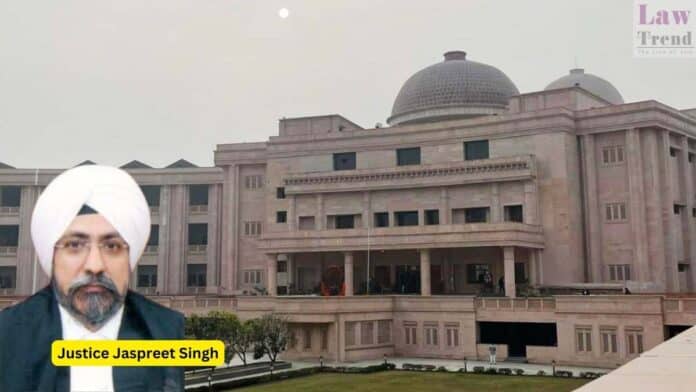In a significant ruling, the Allahabad High Court has denied bail to Shashi Bala alias Shashi Bala Singh, who is implicated in a high-profile money laundering case under the Prevention of Money Laundering Act, 2002 (PMLA). The case, involving massive financial scams perpetrated by the Shine City Group of Companies, is being closely monitored due
To Read More Please Subscribe to VIP Membership for Unlimited Access to All the Articles, Download Available Copies of Judgments/Order, Acess to Central/State Bare Acts, Advertisement Free Content, Access to More than 4000 Legal Drafts( Readymade Editable Formats of Suits, Petitions, Writs, Legal Notices, Divorce Petitions, 138 Notices, Bail Applications etc.) in Hindi and English.




